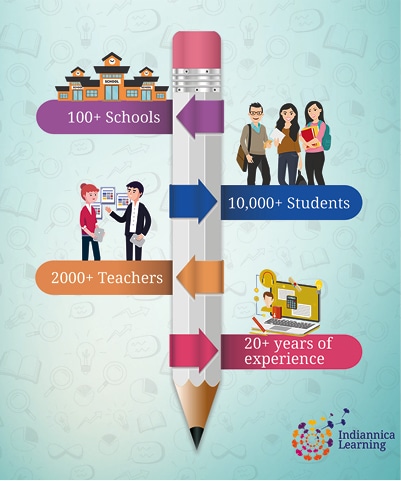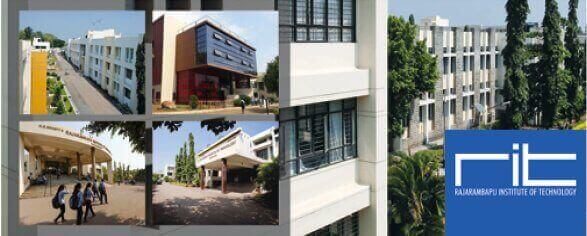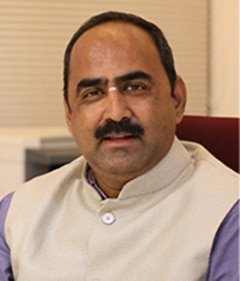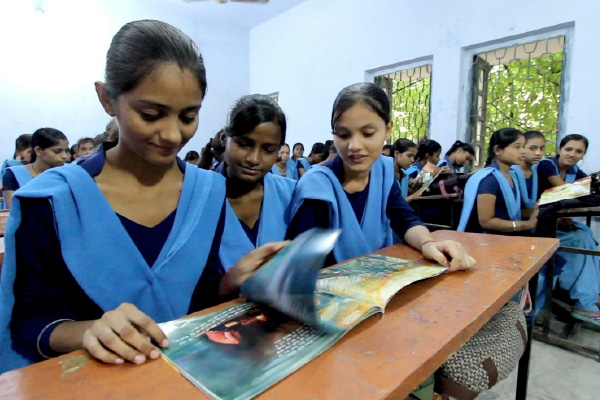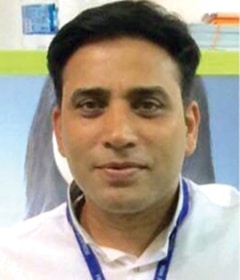 We believe in grooming young ones to think with clarity and respond to life situations in a definitive manner with sensibility and humanitarian outlook, says Ajay Bhatia, Chairman, Learning Wings Education Systems in a conversation with Elets News Network (ENN).
We believe in grooming young ones to think with clarity and respond to life situations in a definitive manner with sensibility and humanitarian outlook, says Ajay Bhatia, Chairman, Learning Wings Education Systems in a conversation with Elets News Network (ENN).
In the rapidly changing education landscape, how Learning Wings meets the demands of parents, students and education providers across the world? What practices are followed at Cambridge International School to nurture them as global citizens?
Innovation and commitment to developing international standards is what Learning Wings Education Systems does the best. It is a global organisation that works closely with schools to raise education standards and hence student achievements. Its schools—Cambridge International School—spread across North India are showing students the process of realizing their potential.
We are a human, physical and technological corporation which serves as a platform to develop the next generation of global citizens. We believe in grooming young ones to think with clarity and respond to life situations in a definitive manner with sensibility and humanitarian outlook. The courses are disseminated in a manner that brings out the learning by self-exploration, collaboration in a team-spirit, and with global perspective.
As profound and ambitious as that sounds, we feel it is a moral and social imperative, as stipulated in guidance from international academic collaborations and the United Nations millennium development goals. We were the first to bring Cambridge International Exams into the North Indian Education landscape and the first International Baccalaureate School provider in North India.
Also Read: Play Based Learning Encourages a Holistic Experience for the little ones
Learning Wings is also the first Indian school management service provider to develop partnerships with Teacher Training Universities in UK for continuous teachers empowerment. These facts show that we live to implement strategies that are the physical embodiment of our motto – Dream, Dare, Do which is supported by five core values.
In order to impart innovative curriculum to the students, what are the practices followed by Learning Wings? Please give brief details about international collaborations in this regard.
This LWES syllabus booklet brings cambridge schools’ commitment to optimize teachinglearning and to expedite students’ holistic development. mission and vision of LWES and its schools are based on single philosophy direction of our chief mentor, sri m. he says happy students grow up to be happiness for all.
The teachers and school should focus and work to make each day creatively fruitful. through this booklet, we share with you creativity and innovations that are brought on the surface by the students through opportunities that are provided by school for hands-on experiments for experiential learning over rote learning.
It shares the challenges planned by teachers that enable the learners to explore multiple dimensions of excellence, encompassing intellectual, social, emotional and physical development. they are prepared for real life living.
LWES endorses the fact that cherishing own culture and respecting that of others, is pivotal to holistic development of learners, hence focuses on value-based learning based on five core values: academic excellence, individual integrity, global citizenship, continuously onwards and commitment to serve.
This syllabus encourages inquiry and exploration, develops children’s competence in various skills like communication, problemsolving, observational, critical thinking and reasoning. equal emphasis is given to individual, small group and whole-group activities, to improve children’s ability to work across all levels and learn essential 21st century skills of collaboration, communication and creativity.
Differentiation and respect for diversity is another aspect which makes our schools equal opportunity learning centers where all learners with all abilities are respected and nurtured. we challenge learners to excel beyond all expectations and create a world worth living.
What is your vision and mission for upcoming years?
LWES aims to expand its operations across the globe. As our Chief Patron, Sri M, Says, Forget the theories, go to the core. We believe that answers to education will not come from the west. It is the ancient wisdom of our culture, mixed with global education practices and using technology as supportive medium for larger collaboration along with open-minded approach of the larger good. We aim to ensure that childhood has to be nurtured with happiness and care, challenges and responsibilities, compassion and empathy. World today needs larger than life actions and for that, we need to prepare ourselves and students.











